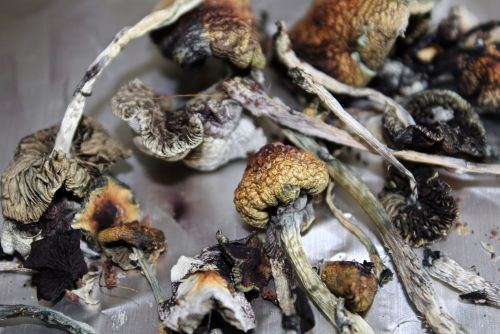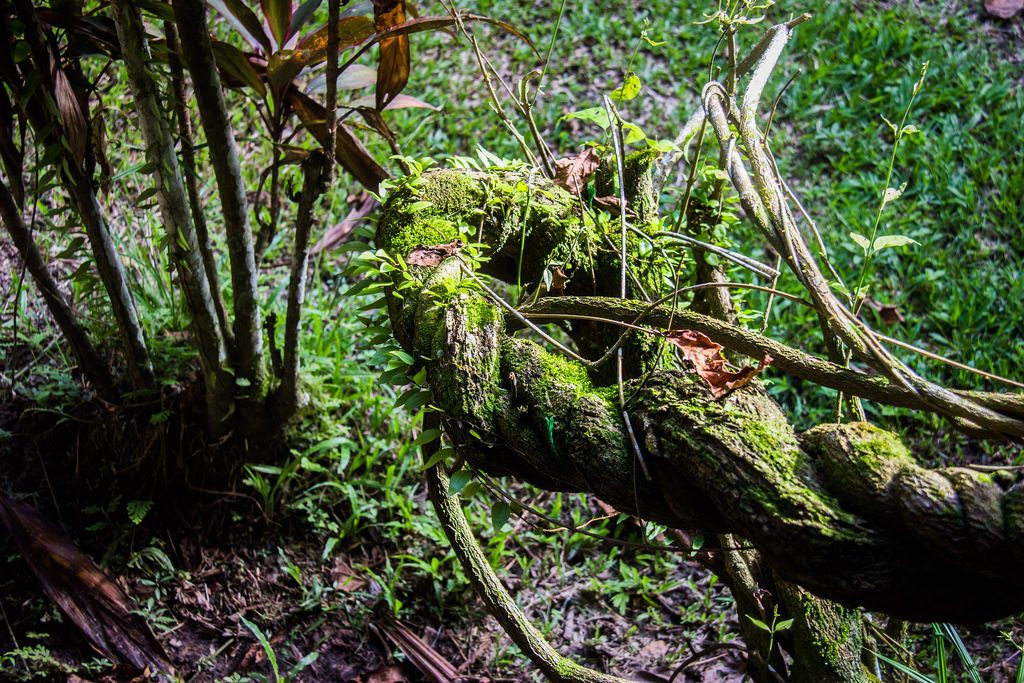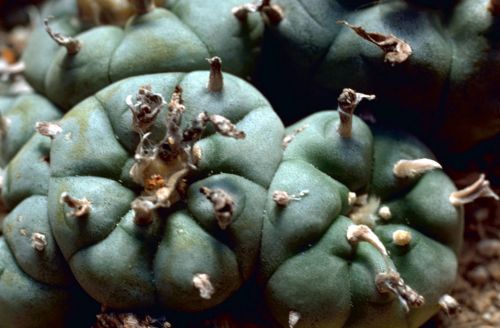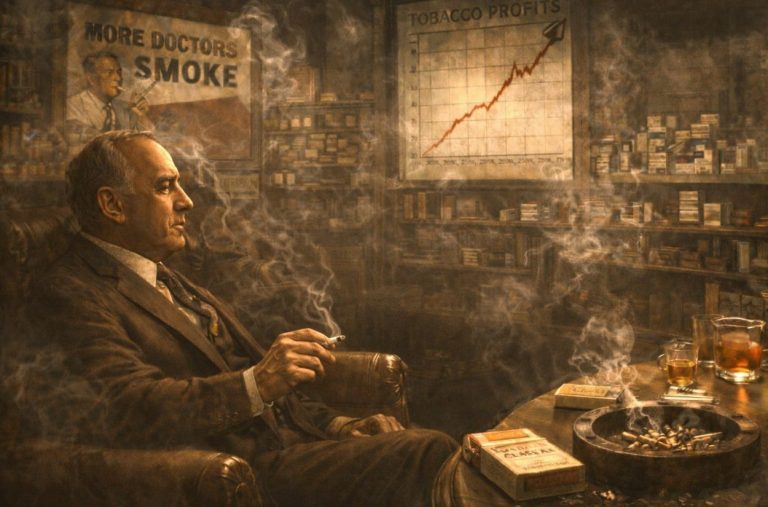

Public attitudes toward psychedelics have shifted dramatically in recent years. Several U.S. cities and states have moved toward decriminalization or regulated therapeutic use.

By Matthew A. McIntosh
Public Historian
Brewminate
A Legal Win in Provo with Wider Reverberations
Earlier this month, a small faith community in Provo, Utah, secured a procedural victory in a federal courtroom that has already stirred a broader conversation about religion, law, and the mind-altering plants some believers consider holy.
The Singularism Spiritual Center, founded in 2023 by Bridger Jensen, incorporates psilocybin mushrooms into its rites. In November 2024, local law enforcement raided the church, seizing mushrooms and arresting members. Utah County authorities saw it as an unambiguous violation of drug laws. The church saw it as a violation of both the U.S. Constitution and Utah’s newly enacted Religious Freedom Restoration Act.
U.S. District Judge Jill N. Parrish did not decide the ultimate legality of the church’s sacramental mushrooms. But she did grant an injunction limiting further local enforcement while the case moves forward, and she refused to dismiss the church’s claims. In her order, she signaled that government actions against the group may have been carried out in bad faith, a suggestion that resonated far beyond Utah’s borders.
From Peyote to Psilocybin: The Longer American Story
The conflict in Utah is not without precedent. In the United States, Native American communities have been engaged in similar legal battles for decades over the ceremonial use of peyote, a cactus containing the psychedelic compound mescaline.
The Native American Church (NAC), with roots in the late 19th century, fought a protracted series of court and legislative battles to secure its right to use peyote in religious practice. These efforts culminated in explicit protections under federal law, although those protections are limited primarily to enrolled members of recognized tribes. Even with legal recognition, peyote remains a contested issue in some states, where misunderstandings and inconsistent enforcement persist.
The NAC’s experience illustrates a tension embedded in American law: the promise of religious freedom colliding with the government’s power to regulate controlled substances. Every new plant or compound brought into a sacred context reopens this debate.
A Patchwork of Precedent

The Supreme Court has weighed in before. In 2006, the Court unanimously ruled in Gonzales v. O Centro Espírita Beneficente União do Vegetal that a small religious group in New Mexico could legally use ayahuasca, a hallucinogenic tea containing the Schedule I drug DMT, under the Religious Freedom Restoration Act. The ruling underscored that the government must show a compelling interest to restrict a sincerely held religious practice and must do so in the least restrictive way possible.
That decision opened a door, but it did not create a sweeping right to use psychedelics. Instead, it established a narrow pathway that religious groups must navigate through careful documentation of belief, detailed legal argument, and willingness to endure long, costly litigation.
The Singularism case in Utah is the latest to step onto that path, and its outcome could help clarify how new religious movements fit within the framework carved out by older cases.
Cultural Shifts and Legal Stasis
Public attitudes toward psychedelics have shifted dramatically in recent years. Clinical research from institutions such as Johns Hopkins University and Imperial College London has fueled interest in psilocybin as a potential treatment for depression, PTSD, and end-of-life anxiety. Several U.S. cities and states have moved toward decriminalization or regulated therapeutic use.
Yet religious use remains a distinct and often more legally precarious category. Lawmakers and courts have been cautious to extend medical or recreational reforms into the religious sphere. For many officials, the fear is that broad protections could open a backdoor to widespread, unregulated use.
This leaves groups like the NAC, the União do Vegetal, and now the Singularism Spiritual Center navigating a patchwork of inconsistent state laws, evolving federal positions, and unpredictable local enforcement.
Faith, Skepticism, and the State

Supporters of religious psychedelic use often frame the matter as a question of spiritual autonomy. They argue that sacraments such as peyote, ayahuasca, and psilocybin are as central to their faith as wine is to Catholic communion. For them, these substances are not recreational drugs but sacred tools that facilitate communion with the divine.
Critics counter that granting broad religious exemptions to drug laws risks undermining public health and complicating law enforcement. They note that the sincerity of belief can be difficult to verify, and that some groups may use the mantle of religion to mask commercial or recreational distribution.
The Utah case brings these concerns into sharp focus. For the Singularism Spiritual Center, the fight is about preserving what they view as the heart of their worship. For the county and city officials they are suing, it is about maintaining the integrity of drug enforcement.
The Road Ahead
The case is far from over. The injunction buys the Singularism Spiritual Center time, but it does not guarantee success. The church must still prove in court that its use of psilocybin qualifies for protection under both state and federal law. If it succeeds, it could create a new precedent for emerging faiths. If it fails, it may reinforce the narrow limits that currently define religious psychedelic rights in America.
In either scenario, the conversation is growing. From the deserts of the Southwest where peyote buttons are still gathered for NAC ceremonies, to the urban basements where ayahuasca brews are prepared under dim light, to the contested altar in Provo where mushrooms sit at the center of a spiritual cosmology, faith communities are testing how far the law will bend for belief. Whether the United States is prepared to redraw that line remains uncertain. But the pressure to reconsider it is building, spore by spore, vision by vision.
Originally published by Brewminate, 08.15.2025, under the terms of a Creative Commons Attribution-NonCommercial-NoDerivatives 4.0 International license.


